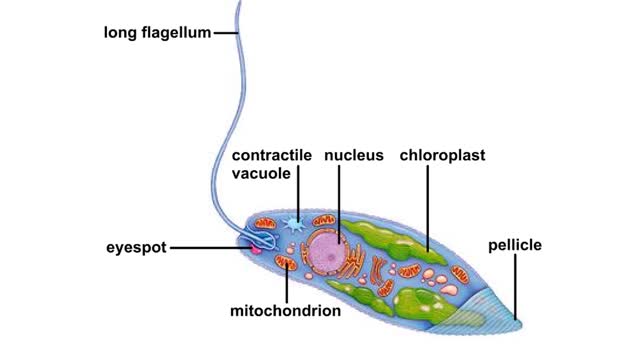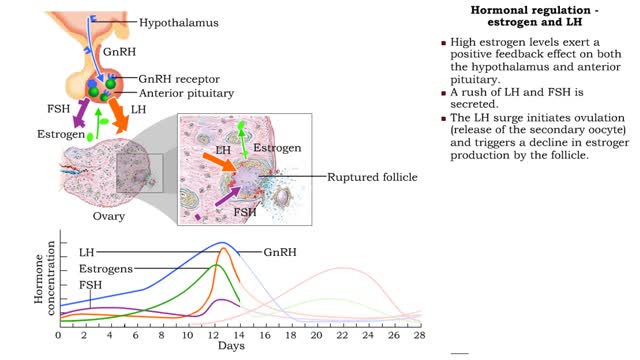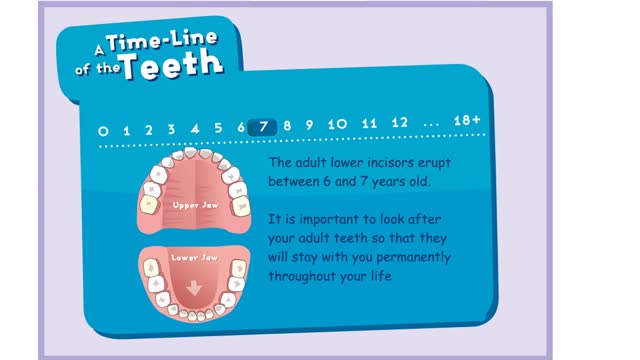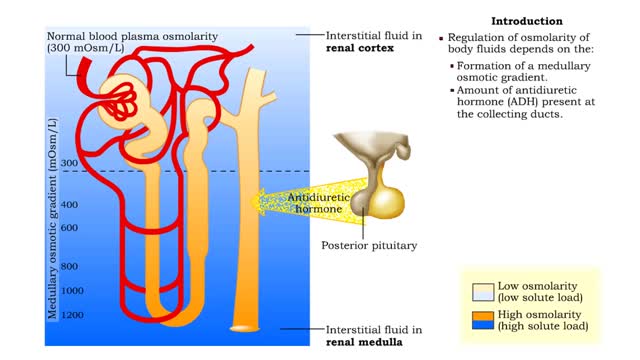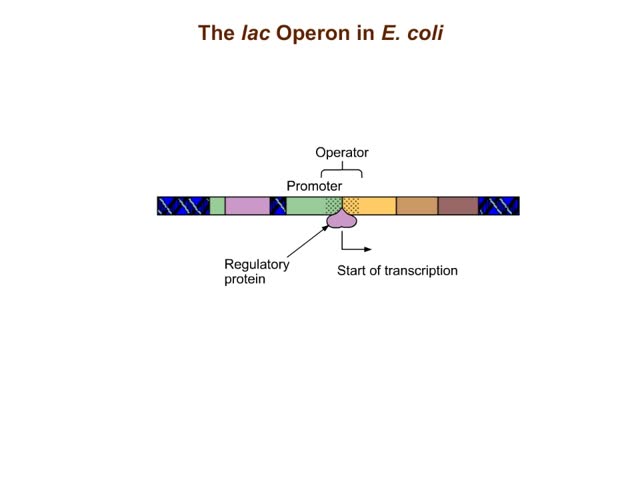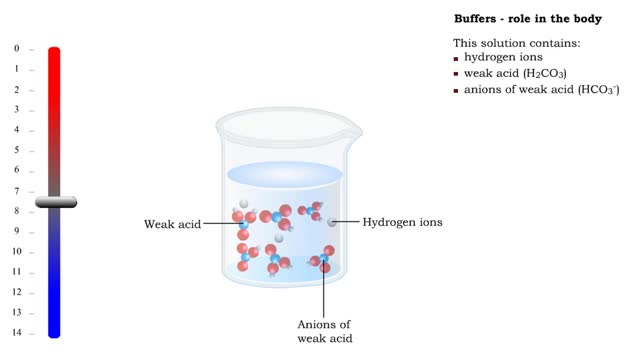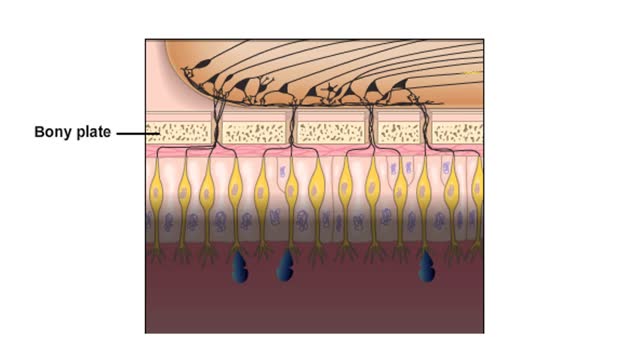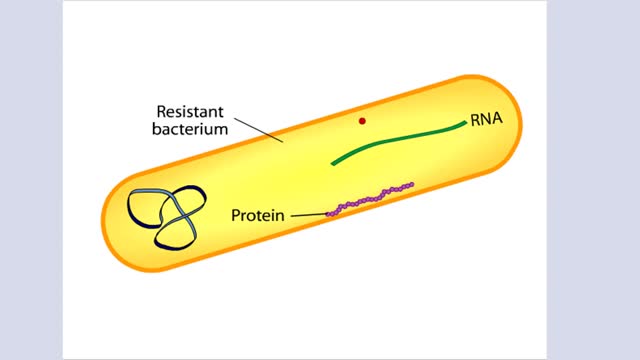Search Results
Results for: 'The life cycle of protein'
Body plan of euglena Animation
By: HWC, Views: 6167
Euglenoids are single-celled organisms that live in lakes and ponds. A contractile vacuole pumps out the water that diffuses into the cell from its hypotonic surroundings. The body is covered by a translucent pellicle composed of flexible strips of a protein-rich material. Light passe...
Phases of the Female Reproductive Cycle - Hormonal regulation
By: HWC, Views: 12164
FSH, LH and estrogen • FSH travels through the bloodstream from the anterior pituitary to the ovaries. • FSH promotes follicular growth. Increased follicular growth promotes estrogen production. • Small increases in blood estrogen levels inhibit the release of FSH and LH into the bl...
A timeline of the teeth (Explained - No Audio)
By: HWC, Views: 10663
Although most babies don't appear to have any teeth when they are born, they are in fact already well developed out of sight beneath the gum. The first molars erupt at about 12-14 months. The canines follow at about 16-18 months . By 3 years old, the second molars have usually erupted, c...
By: Administrator, Views: 14944
Bipolar disorder, previously known as manic depression, is a mental disorder that causes periods of depression and periods of abnormally elevated mood. The elevated mood is significant and is known as mania or hypomania, depending on its severity, or whether symptoms of psychosis are present. Dur...
Medullary osmotic gradient - influencing factors
By: HWC, Views: 12196
▪ Maintenance of fluid volume and composition, despite changes in water input and output, is crucial to a healthy life. ▪ Regulation of blood's osmolarity, or solute concentration, is a function of the nephron. • Normal osmolarity is maintained by the ability of the nephron to alter uri...
By: Administrator, Views: 15848
The lac operon (lactose operon) is an operon required for the transport and metabolism of lactose in Escherichia coli and many other enteric bacteria. Although glucose is the preferred carbon source for most bacteria, the lac operon allows for the effective digestion of lactose when glucose is no...
Buffers definition and the role of buffer in the body
By: HWC, Views: 11768
■ Too many H+ break hydrogen bonds and a protein comes apart. ■ Buffers react with excess H+ to protect proteins from breaking down. ■ Buffers consist of weak acid plus anions of that weak acid. This solution contains: • hydrogen ions • weak acid (H2CO3) • anions of we...
Olfaction. or the sense of smell
By: HWC, Views: 9200
Do you ever wonder how you can distinguish thousands of different odors? Olfaction. or the sense of smell, is used by all mammals to navigate, find food, and even find mates. We have millions of olfactory receptors for smelling in our nose. These receptor neurons bind water-soluble or volatil...
By: HWC, Views: 11454
The Crisis in Antibiotic Resistance More than 70 years ago, Alexander Fleming discovered penicillin. A few decades later, when this antibiotic was used in World War II, Fleming's discovery had revolutionized medicine. No longer did people have to die from something as trivial as an infected cut.Y...
Advertisement



